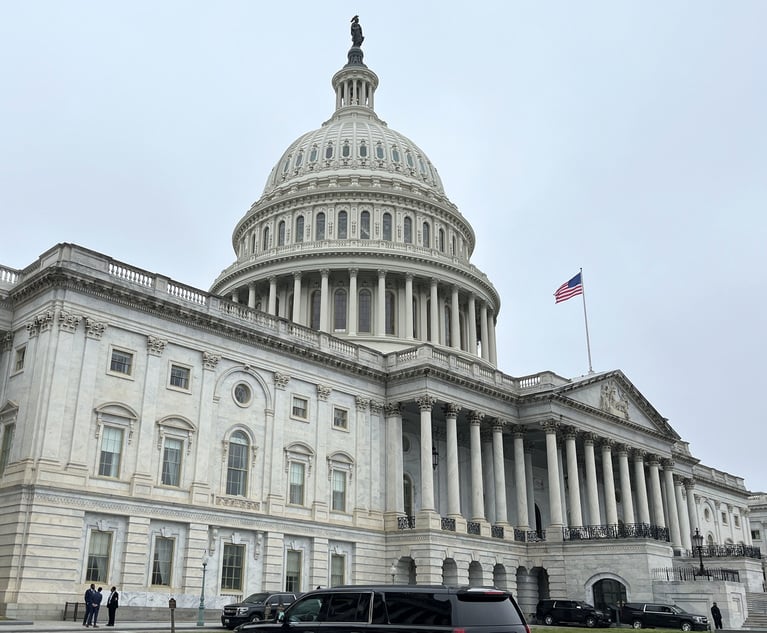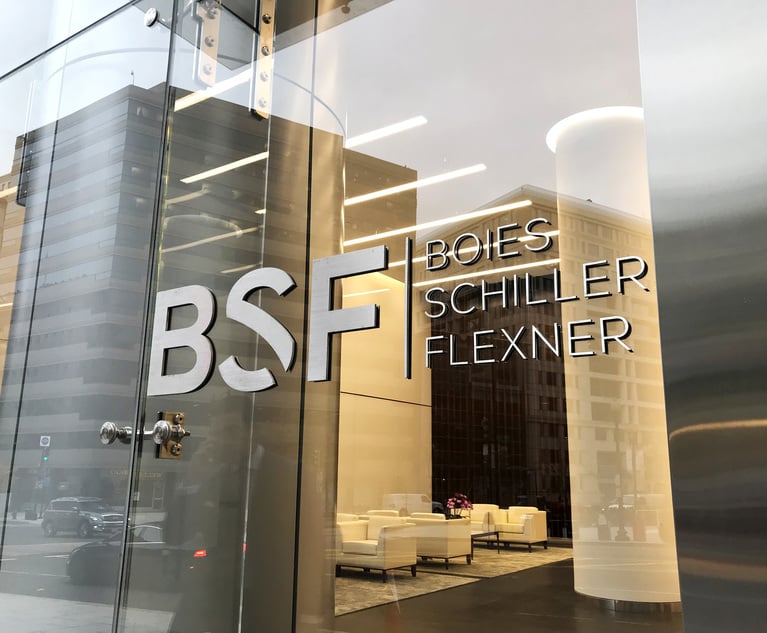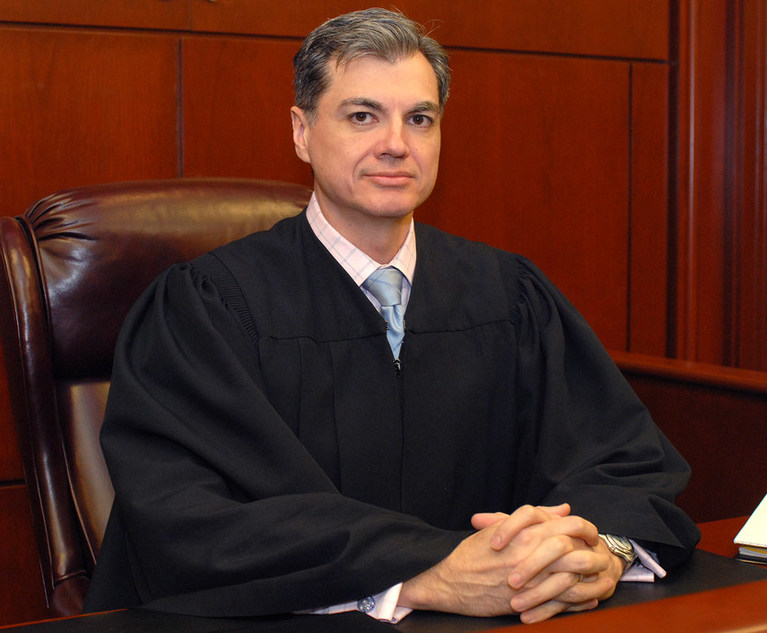The Supreme Court’s decision in United States ex rel. Schutte v. SuperValu Inc. has been heralded as a win for whistleblowers, and rightly so. The court unanimously held that a defendant who subjectively believes it has submitted a false claim to the government can face False Claims Act liability, even if an objectively reasonable interpretation of relevant legal requirements would have supported the claim. That holding reversed rulings by the Seventh Circuit that would have immunized any claims that could, with the benefit of hindsight and creative litigation counsel, qualify as objectively reasonable.
As a practical matter, SuperValu will often preclude adjudication of whether a defendant “knowingly” submitted a false claim on a motion to dismiss or summary judgment: After SuperValu, the inquiry will focus on factual questions about what the defendant actually believed, rather than legal questions about what might have been objectively reasonable.


 Caleb Hayes of MoloLamken (Courtesy photo)
Caleb Hayes of MoloLamken (Courtesy photo)





